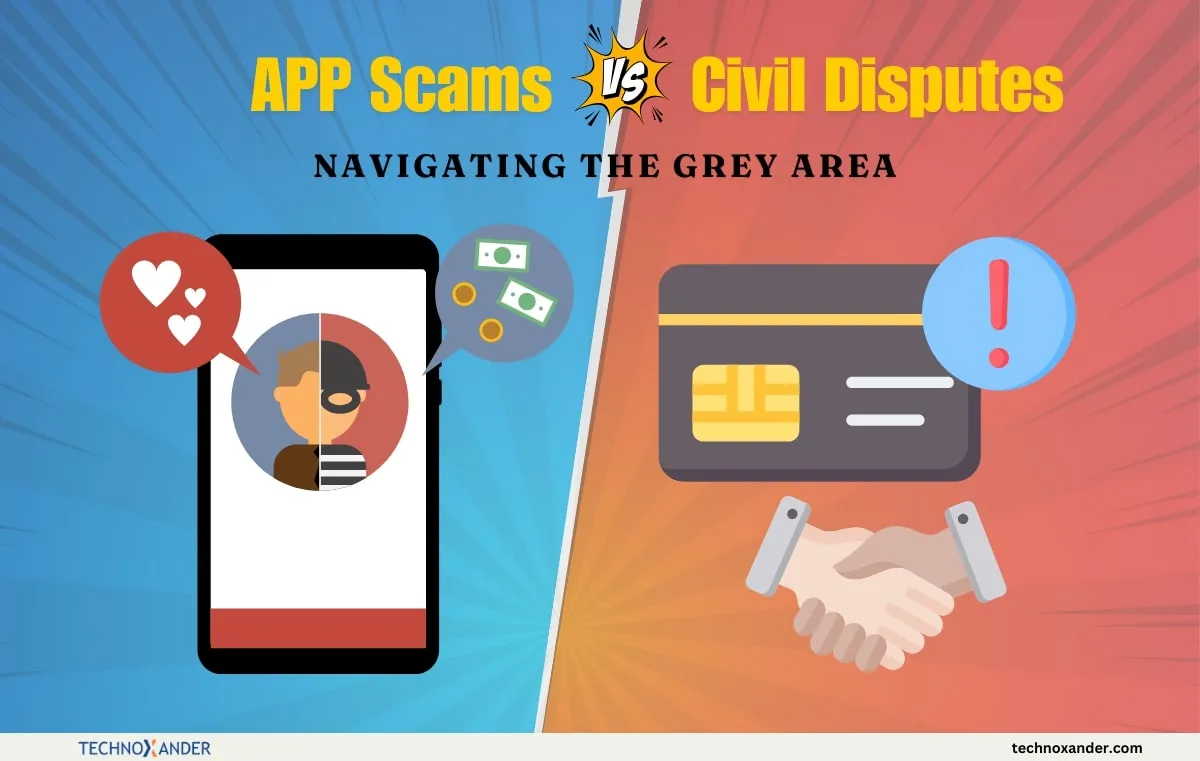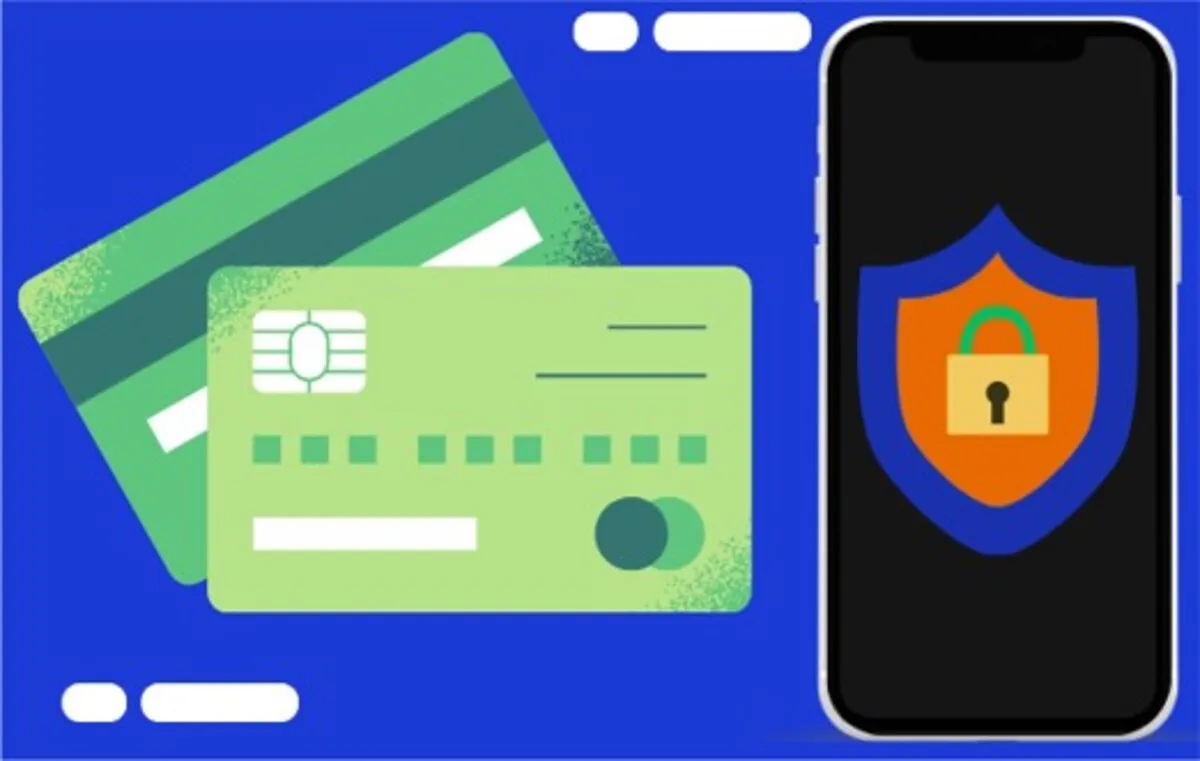In an age of digitisation, financial fraud has resulted in billions lost worldwide. Directly affected by these losses are consumers, businesses, and financial institutions (FIs). UK Finance reports a £459.7 million loss in 2023 due to APP scams. Despite the reduction in figures with the expansion of Confirmation of Payee, the number of cases continues to grow yearly.
In July 2024, the PSR published a draft for PSPs. This was due to rising scams and a £415,000 reimbursement limit.
It defines the differences between APP scams and civil disputes for claims for payments made via Faster Payments and CHAPS. This blog analyses a report for PSPs on APP fraud and civil disputes. It is for assessing reimbursement claims.
Understanding the Difference: APP Fraud vs Civil Disputes
Victims of APP scams are usually subject to fraudulent or dishonest tactics. It may involve a scammer posing as a legal identity or even a romantic partner deceiving a victim into voluntarily making account-to-account transfers.
Meanwhile, civil disputes are straightforward disagreements. Let’s say the victim paid a legitimate supplier for a product but never received it, or the product received was subpar.
This is where the PSR has stepped in to help PSPs determine if it’s a genuine dispute or a sophisticated scam.
Eligibility for APP Scam Reimbursement
While assessing whether a claim is an APP scam vs a civil dispute, PSPs must look at several factors:
- Relationship and Communication Patterns: PSPs must examine the content, frequency, means, and duration of communication between the involved parties. They must also consider any breakdown in the relationship, especially when considering cases that may have a pre-existing connection.
- Status of Trade from the Alleged Fraudster: PSPs must evaluate the trading status and legitimacy of the alleged scammer’s business operations.
- Ability to Deliver Goods & Services: There must be an assessment to evaluate whether the business or scammer in concern could provide the promised goods and services. PSPs will also have to collect data on any attempted delivery.
- Level of Deception Involved in the Payment’s Purpose: PSPs will have to evaluate the alleged scam based on how the victim was misled about the intended use of the money.
- Collecting Crucial Data from Receiving PSPs: Receiving PSPs could provide valuable information about the account in question, including details on the opening date of the account, frequency of usage, transactional history, and previous claims of fraud.
Assessing Fraud: Know the Steps
PSPs must comply with a set of core principles when evaluating claims:
- Each claim and payment must be considered on its own merits
- All disputed payments need to be thoroughly examined from start to finish.
- PSPs must gather all information of relevance promptly and taken into account
- Both sending and receiving PSPs must collaborate and exchange accurate as well as complete information
Distinguishing APP Scams vs Civil Disputes: The Challenges
Sometimes, the line between an APP scam and a civil dispute may be challenging to discern. For instance, when a consumer willingly invests in cryptocurrency through what appears to be a legitimate platform, it may be hard to detect any sign of fraud or deceptive practices by receiving account holders.
PSPs must carefully consider who controlled any receiving accounts to ascertain any instances of deception or attempted fraud before engaging any PSP for advice on behalf of clients.
Also, not receiving goods or services does not signal an APP scam. Similarly, receiving goods that differ significantly from their description or are of poor quality does not prove fraud. There must be evidence of an intent to deceive.
The Power of Receiving Bank Account Information
Playing a crucial role in distinguishing between APP scams vs civil disputes is the receiving bank account information.
Currently, if a sending PSP requires additional information about the receiving account, they must reach out to the receiving PSP through means that are not exactly speedy. The sending PSP will have to obtain details that include:
- Account opening information: When and how was the account created?
- Account history and usage patterns: Comparing abnormalities in transaction history with legitimate business activities
- Any markers on the account: Assessing for transactional activity that may raise red flag
- Any previous fraud claims: Checking for previously reported scams associated with the account
- Information gathered from their account holder: Analysing evidence or explanatory statements made by the previously flagged account holder
However, this process can be time-consuming, potentially delaying the assessment of whether a transaction is a scam or a civil dispute. Here’s where the introduction of Enhanced Fraud Data (EFD) sharing comes into play. Though it’s on the horizon, EFD is set to be a game-changer with its ability to process near real-time vital information.
With EFD, PSPs can gain instant access to fraud data and analyse details, speeding up the assessment process. This upcoming shift in how data is shared is a testament to the evolving financial industry. However, until its implementation, sending PSPs will need to accept delays and rely on the cooperation of receiving PSPs.
Importance of Thorough Assessment
PSPs should take a fair and balanced approach to validating claims of fraud. This approach should match the severity and value of the fraud allegations. For simple APP fraud claims, detailed investigations might not be needed. However, all information should be considered to make informed decisions.
In conclusion, we must carefully weigh factors when comparing APP scams to civil disputes. By following regulators’ guidance and best practices, PSPs can protect consumers from fraud and handle civil disputes properly. For more information or to report a concern, please contact us today.










